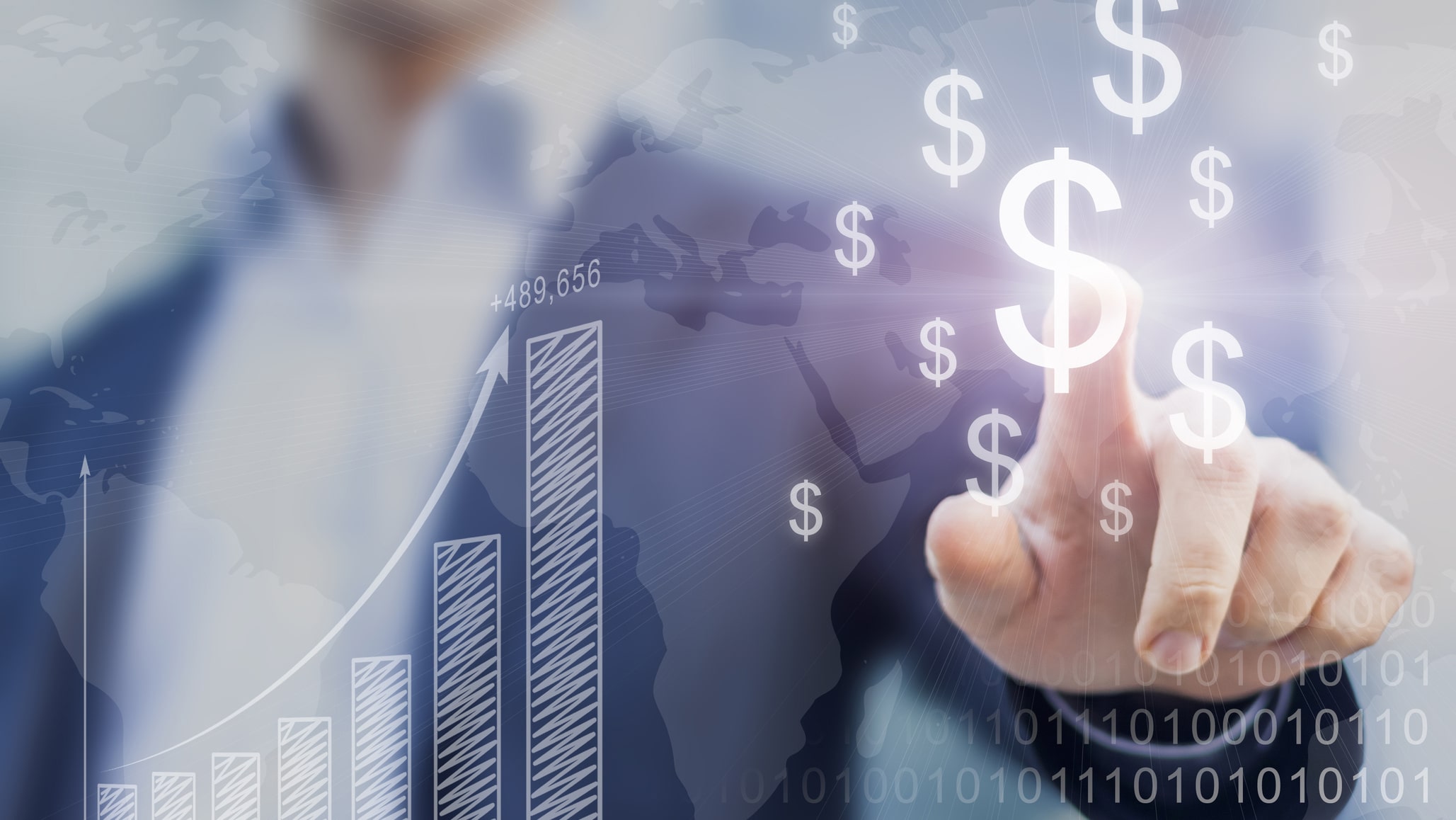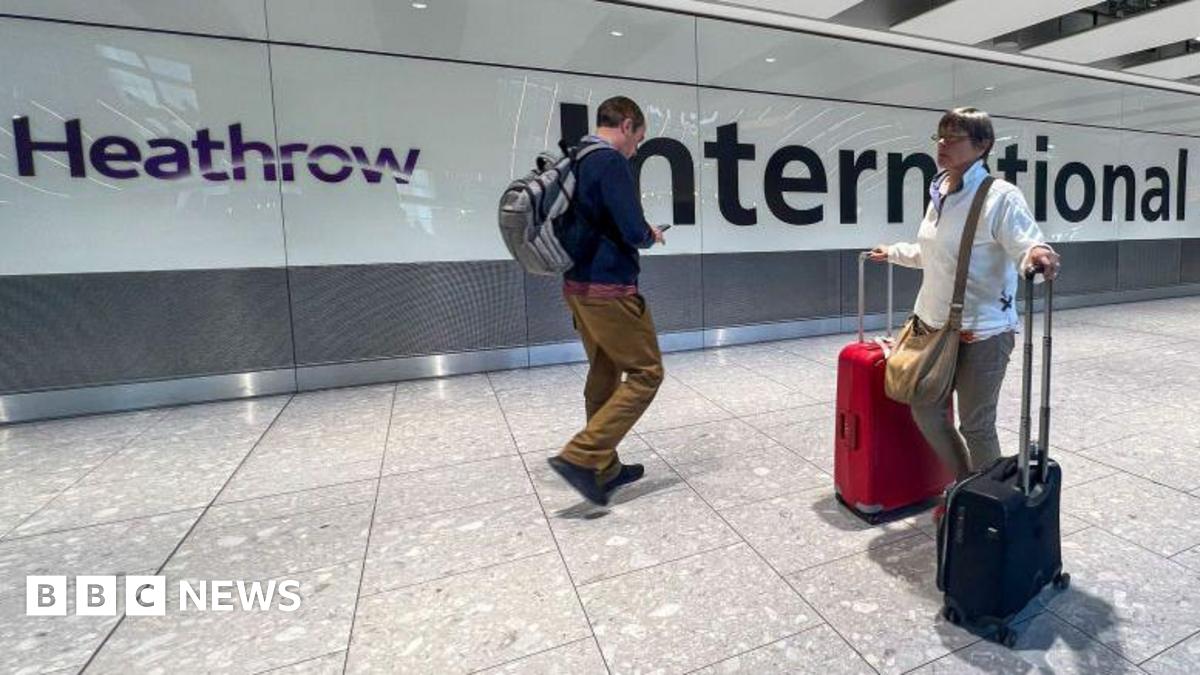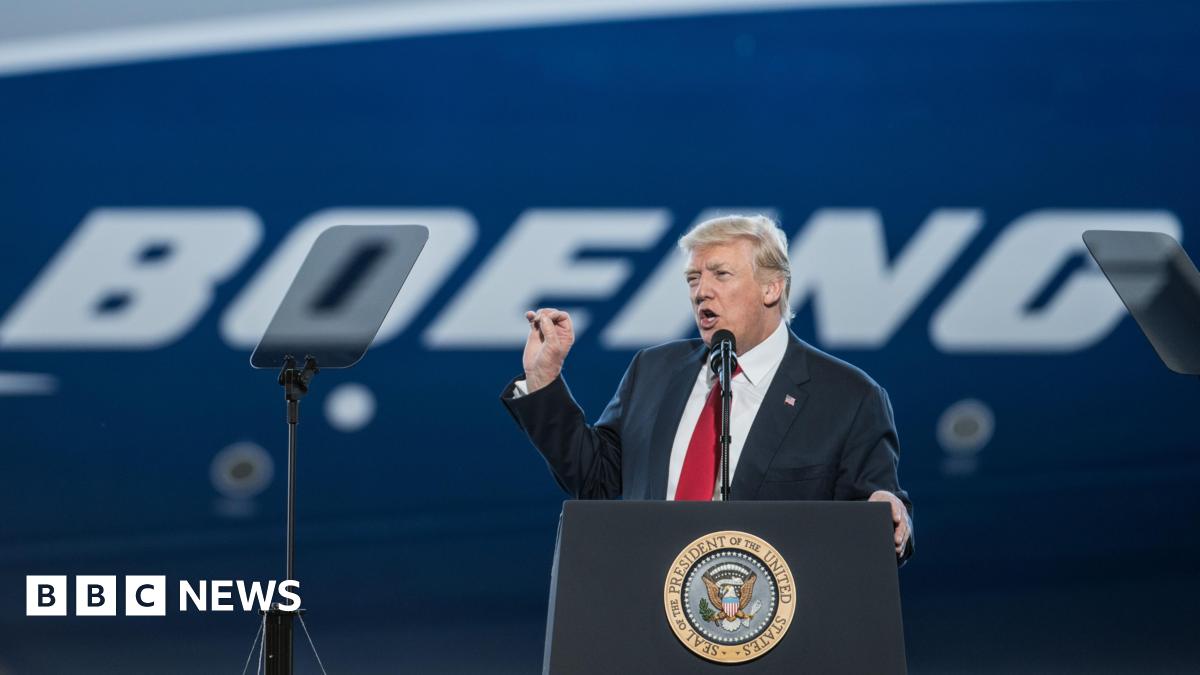Mike Lynch, the British tech tycoon
Lynch, 59, and his wife were aboard the yacht, named Bayesian after a British mathematician, with a small group of his financial and legal advisers when the violent storm hit. They were celebrating Lynch’s tumultuous acquittal just over two months earlier, when a San Francisco jury found him not guilty of charges that he duped HP into overpaying for his software firm, Autonomy Corp.
Hailed at times as “Britain’s Bill Gates,” Lynch has been seeking to restore his reputation as one of Europe’s most successful entrepreneurs. For years, he’d argued that he had been scapegoated over the acquisition. HP paid $11 billion for Autonomy in 2011, only to write down $8.8 billion of the purchase price a year later.
Simon Dawson/Bloomberg
But even after his acquittal on criminal charges, Lynch was
Autonomy’s success — its software could extract useful information from unstructured sources including phone calls, emails and video — made Lynch one of the best-known British technology executives. He was named Entrepreneur of the Year by the Confederation of British Industry in 1999. In 2000, Time magazine named him one of the 25 most influential technology leaders in Europe.
Advised prime ministers
He was awarded an Order of the British Empire for services to enterprise in 2006. The same year, he was appointed as non-executive director to the board of the British Broadcasting Corp., the world’s biggest public broadcaster. He advised two British prime ministers, David Cameron and Theresa May.
Lynch made at least $500 million from the HP deal. He then set up venture capital firm Invoke Capital, founding a series of tech companies run by former employees. The most successful was Darktrace Plc, a cybersecurity business that uses AI to detect suspicious activity in a company’s IT network. Forbes magazine
HP, along with U.S. prosecutors, alleged that Lynch and Autonomy’s former finance chief used accounting tricks to inflate the company’s revenue ahead of the 2011 sale.
The San Francisco trial placed huge pressures on the tech founder, who was forced to wear an ankle monitor and confined to 24-hour supervision by private security guards he had to pay for. On the stand, Lynch claimed ignorance of some of the wrongdoing attributed to him, saying he delegated key decisions to underlings.
Autonomy “wasn’t perfect,” Lynch testified at the trial. “The reality of life is that it’s nuanced and it’s messy and sometimes you do your best to get through it. And companies are just like that.” When the verdict came, following two days of deliberations, Lynch hugged his lawyer and wiped his eyes.
HP’s acquisition of the company was initially seen as a validation of UK technology and the Cambridge “Silicon Fen” tech cluster where Autonomy was based. But in 2012, HP
In 20 days of testimony in the UK civil case, he served up a litany of anecdotes aiming to illustrate that HP was riven with executive turmoil and infighting as the company replaced its chief executive officer and pivoted on strategy shortly after the disastrous Autonomy deal.
He largely succeeded. Documents showed HP executives turning on each other — with HP CEO Meg Whitman, the onetime candidate for governor of California and current US ambassador to Kenya, saying she’d be prepared to throw her predecessor Leo Apotheker “under the bus in a tit for tat.” Taking over just as HP closed the Autonomy deal, Whitman sought to focus the firm back on its core PC unit to better manage the sprawling business.
But after one of the longest and most expensive trials in British history, Judge Robert Hildyard ruled in 2022 that Lynch and Autonomy had fraudulently boosted the value of the company. “One of the tragedies of the case is clear: an innovative and ground-breaking product, its architect and the company will probably always be associated with fraud,” the judge said in the ruling.
Damages pending
The judge was still to decide the damages Lynch would have to pay. HP was seeking $4 billion from him and his finance chief, but the judge had cautioned that it was likely to get substantially less than that.
Those looming penalties from the civil suit did not dent Lynch’s ambitions once he was released from house arrest in the U.S.
“I am looking forward to returning to the U.K. and getting back to what I love most: my family and innovating in my field,” Lynch said in a statement after the California jury cleared him of criminal wrongdoing.
Credit: Source link











